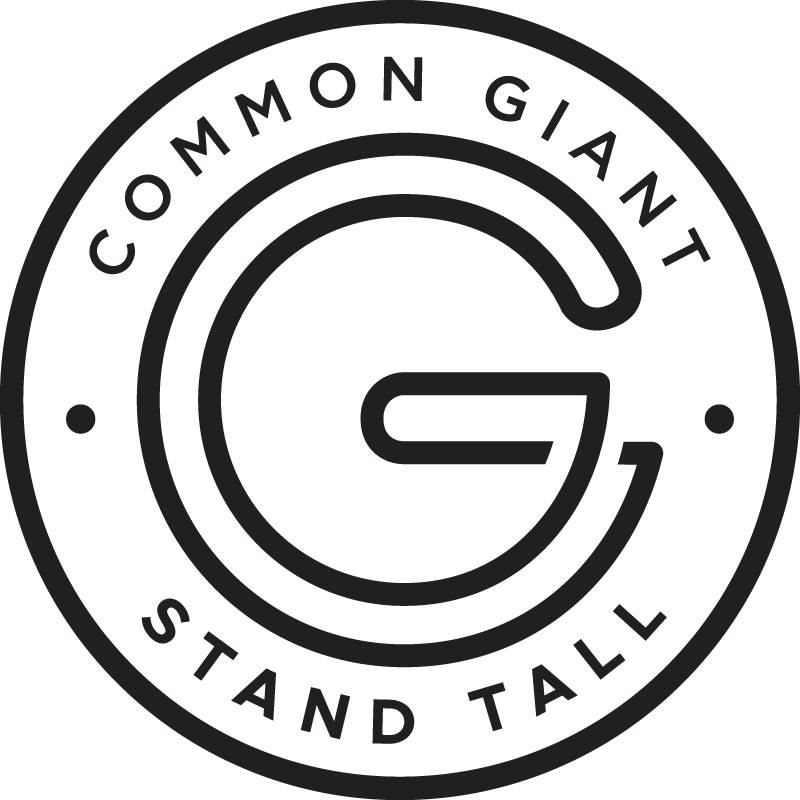Blog
The Power of Organic Storytelling in the World Series
On November 2nd 2016, history began to change in the world of baseball. The Chicago Cubs were going up against the Cleveland Indians, neither of which have won a World series in a combined 176 years. It’s rare to see a game 7 in the World Series, and this one went into 10 innings with a rain delay in between. This brief synopsis also fails to give justice to the nervou
s energy millions around the world felt while watching the game. News outlets are already reporting that the game was the best World Series game in history!
So what’s the point? Organic storytelling. The story behind these two teams and their years of struggle led up to this moment. Organic storytelling is used to define brands all the time with positive results. From Hershey’s to Jack Daniels, using a brand’s history to shape their identity expresses authenticty and sincerity. The past World Series and the teams who took part are no exception. In this blog, we’re going to point out the 3 areas that made this World Series not only a sporting event, but an epic of our modern times that demonstrates the power of organic storytelling.
- Underdog vs. Underdog – As stated earlier, the Chicago Cubs and the Cleveland Indians hadn’t won a World Series in a really, really long time. Going into the series, the Cubs were slated as the favorites but found themselves in a tough situation as the Indians wound up leading the series 3-1, meaning one more win for the Cleveland team could have ended it all. But the Cubs rallied back and by game 7, both teams were on equal terms; both were evenly matched. Why are we explaining all this? Well, according to Nielsen Ratings, 40 million viewers tuned in because of the unfolding story. As humans, we love cheering for the underdog and in this World Series story, fans of both teams saw themselves rooting for their David while the Goliaths of baseball had struck out earlier in the season. However, this sporting Iliad also caught the attention of people who don’t even follow baseball, which bodes well for the advertisers who invested in airtime for their commercials. The additional views can be attributed to the organic storytelling of the game and historical series in general.
- Advertising Playing on Heart Strings – It’s one thing to play an advertisement during a widely watched event, but aligning your story with it makes a world of difference. There’s no better example than this when it comes to Budweiser. The beer brand reran an 80’s commercial featuring legendary broadcaster and Cubs fanatic, Harry Caray, and replayed it during the first commercial break after the win. Caray passed away in 1998, so he never got to see his Cubbies make it to the championship or announce during the monumental game. So through the power of technology and some careful editing, Budweiser was able to create a video featuring Caray’s voice calling the final out of the game cut with footage of Chicago Cubs’ fans watching simultaneously. Budweiser was able to take the organic story of the Cubs and re-purpose it for their own benefit without coming across as cheesy since both brands have history together. The video took off like a line drive over the Green Monster on social media, which leads to our last point.
- Social Media Hype – Social media and the internet were aglow during game 7 of the World Series. For example, #WorldSeries trended for 8 hours straight on Twitter and search interest in the World Series skyrocketed to record setting levels on Google. Robert Channick, reporter for the Chicago Tribune discovered that the Cubs saw a boost in their followers: “The team and its players grew their follower bases to more than 12.5 million, up 22.5 percent during the playoffs, according to Hookit. The Indians were up 14 percent, to about 4.3 million followers.” This wasn’t just another baseball game for baseball fans; it was a captivating drama that made people change the channel to see the action. It even convinced social media enthusiasts to follow both teams digitally, which may lead to other revenue opportiunities in the future. Who knows, maybe a few million people found something to believe in that night all because of the brands’ organic storytelling.
We as humans are all drawn to stories and the magic they hold. Stories come in all shapes and sizes, but the more authentic they are, the more popular and legendary they become. The latest World Series featuring the Chicago Cubs and Cleveland Indians couldn’t be a better example of what organic storytelling can do for a brand. The natural theme of underdog vs. underdog set the stage for people to tune into the history making series. Advertisers took advantage of this story and dialed into it themselves to establish credibility. Finally, social media ran away with the organic story, pulling in more believers of the brands at hand. There are countless examples of organic storytelling in branding initiatives, and it just goes to show that if you write it, they will come.

